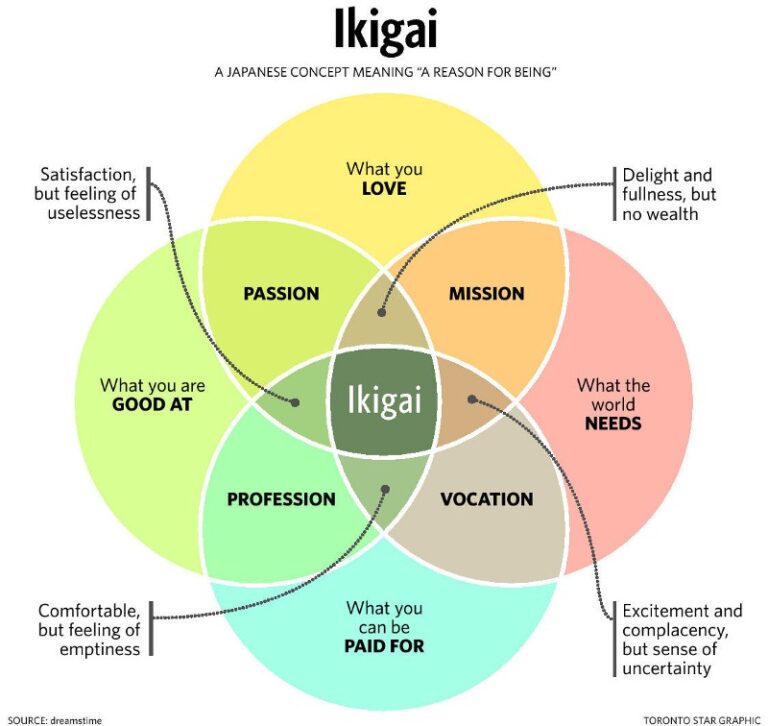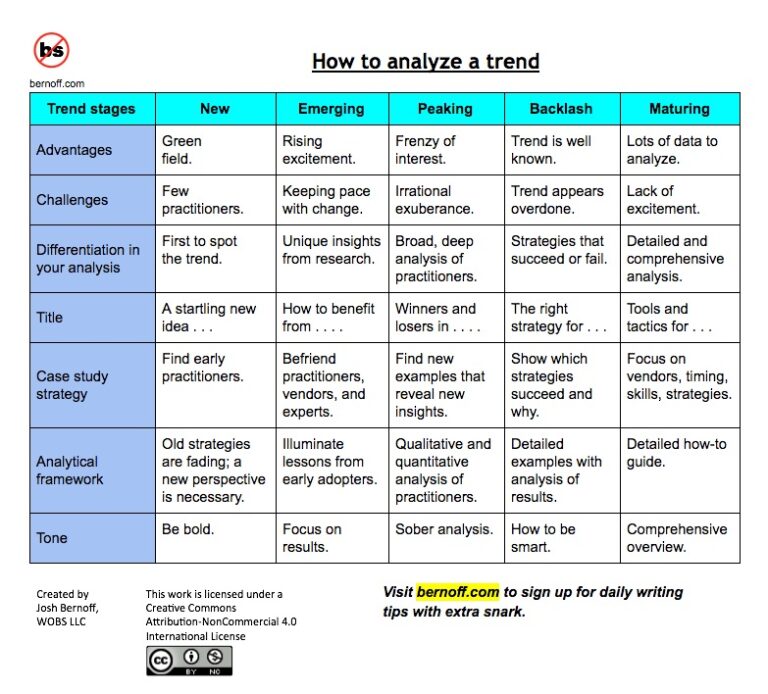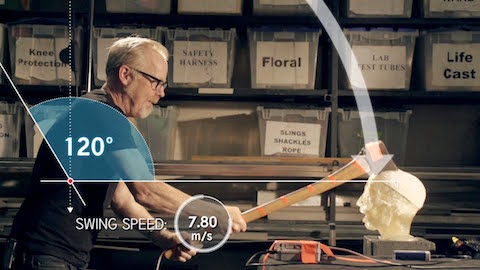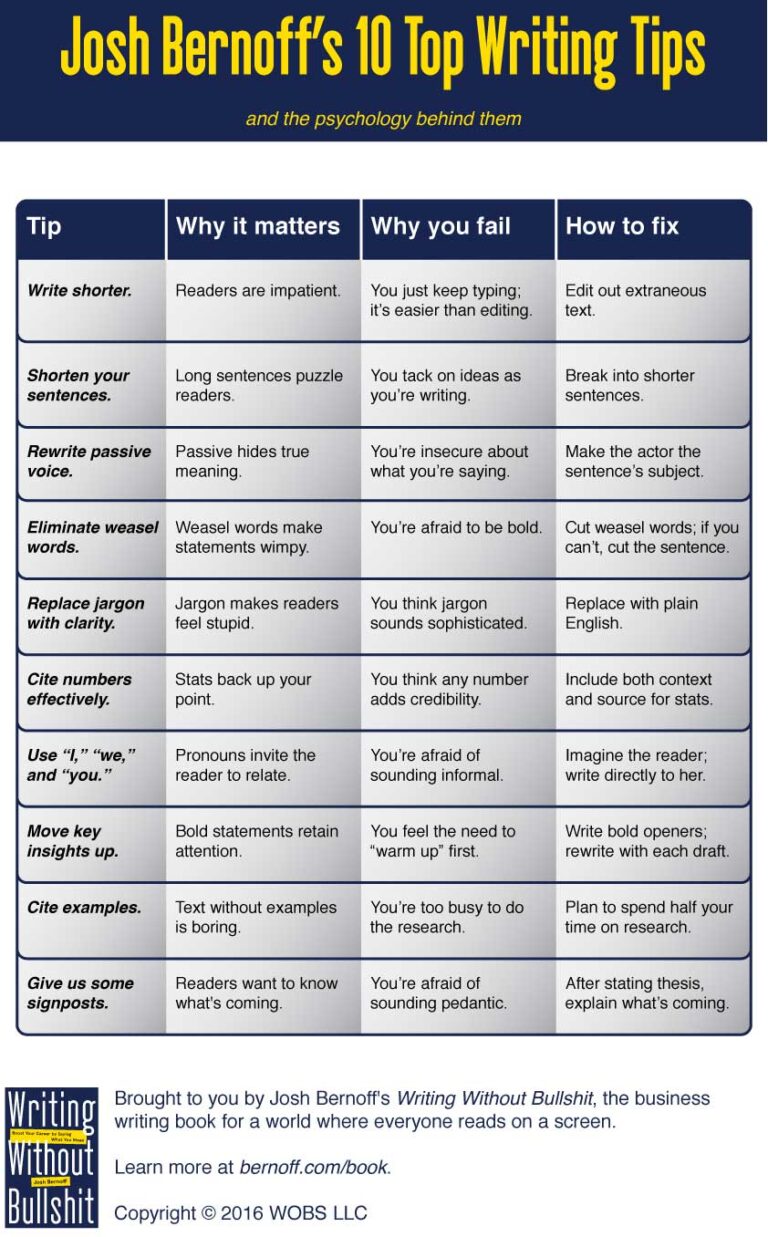An editor’s notebook: Analyzing and untangling sentences
One of the editor’s primary jobs is to make sentences say what they mean. When the prose gets in the way of the ideas, fix the prose. A focus on the subjects and verbs in sentences can help make prose clearer and reduce the cognitive load on the reader. These examples come from a book…








